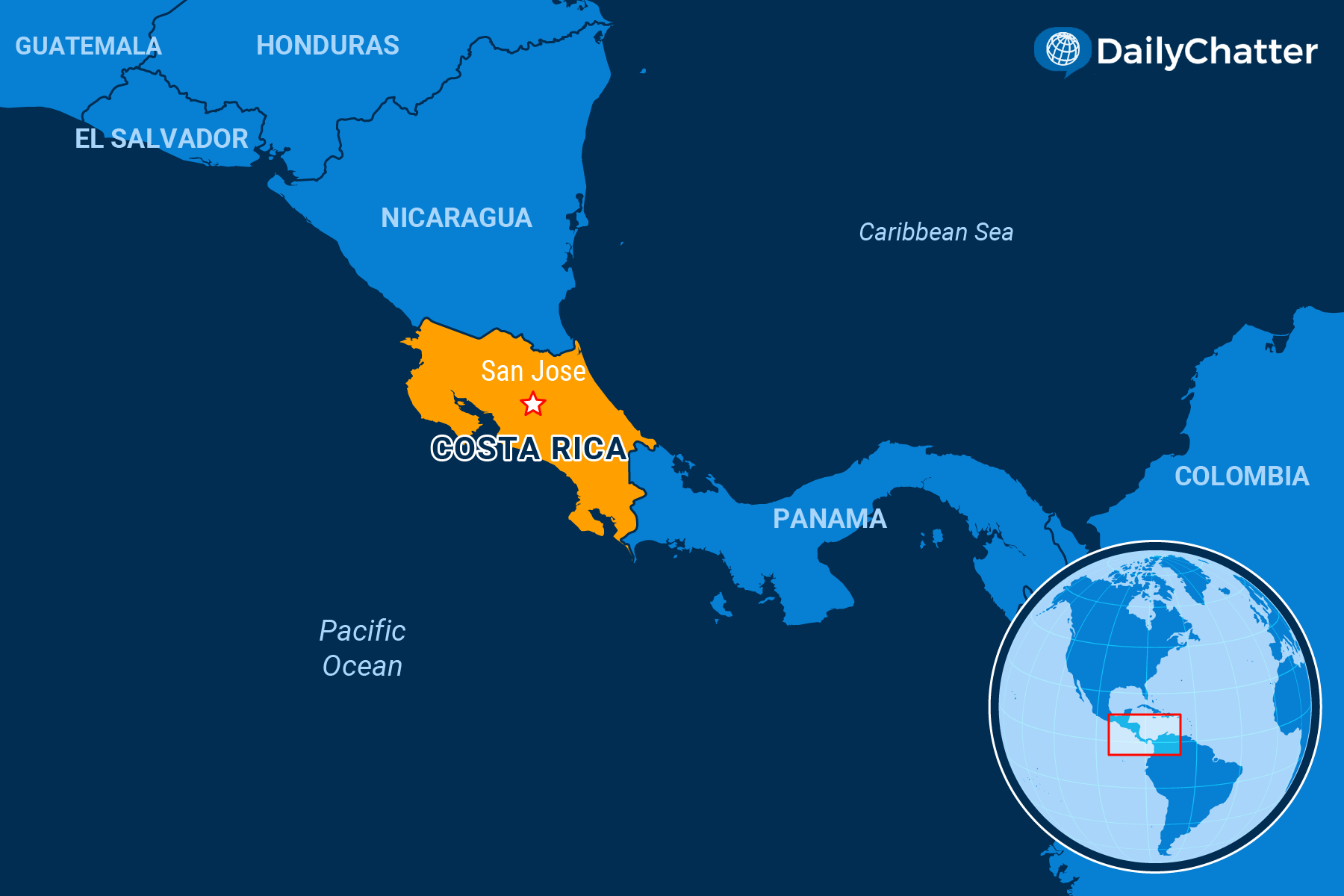Need to Know
April 21, 2023Paradise, Imperfect
Costa Rica

|
Listen to Today's Edition
|
Those who live in Costa Rica practice what they refer to as the “pure life.” They dwell in a beautiful ecosystem where the culture is easygoing. The country’s army was abolished in 1948. In contrast with the 1980s, when deforestation rates in Costa Rica were among the highest in the world, today a quarter of Costa Rican territory has been set aside for conservation.
But not everything is perfect in paradise. For the past 15 years, crime has been rising in the Central American country, reported the New York Post. More than 650 homicides occurred in Costa Rica last year, for example, the highest since at least 1990. Around 80 percent were connected to drug trafficking.
Costa Ricans can attest to the statistics. Maribel Sandí, a resident of the Bella Vista neighborhood of Puntarenas, a port city on Costa Rica’s Pacific Coast, said killers had recently left a dead 21-year-old man on the dirt road outside her house. Bullets from AK-47 assault rifles had “ripped apart” his body. “We had never seen that,” she told the Washington Post.
Colombian and Mexican drug traffickers have long used Costa Rica as a transit route running south to north. Now, however, the cartels are warehousing cocaine in the country and establishing trade deals with Europe, wrote the Associated Press. Local Costa Rican gangs have emerged, too, as the illicit trade has grown.
The Caribbean port of Puerto Limón, where young unemployed men vie for status in the underworld, is an epicenter of crime and violence. Murder, drug deals, and police crackdowns are a fact of life in the city, explained InSight Crime.
The duality of Costa Rica is that, while those problems persist, leaders are also grappling with other issues, like preserving the country’s majestic, biologically diverse forests. As the Associated Press wrote, Costa Rican officials are preparing to fund their conservation efforts through different taxes as they reduce their consumption of fossil fuels and drive electrified vehicles. A voluntary program where tourists could offset their vacations’ greenhouse gas emissions through supporting rainforest preservation raised $600,000 last year.
Indigenous communities in Costa Rica are also angry, added YaleEnvironment360. They want to reclaim the land that they say ranchers stole from them years ago, before the government began promoting reforestation and other green measures. Their efforts have clashed with powerful interests. A farmer was recently found guilty of murdering an Indigenous leader, for example, the Guardian wrote.
Very few things in life, unfortunately, are pure.
Not already a subscriber?
If you would like to receive DailyChatter directly to your inbox each morning, subscribe below with a free two-week trial.
Support journalism that’s independent, non-partisan, and fair.
If you are a student or faculty with a valid school email, you can sign up for a FREE student subscription or faculty subscription.
Questions? Write to us at hello@dailychatter.com.

